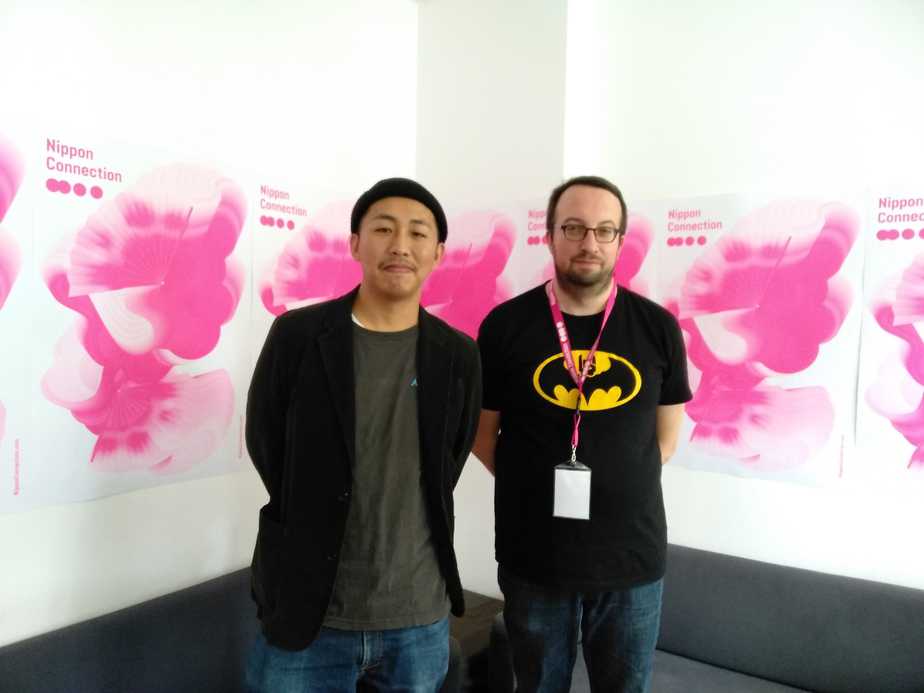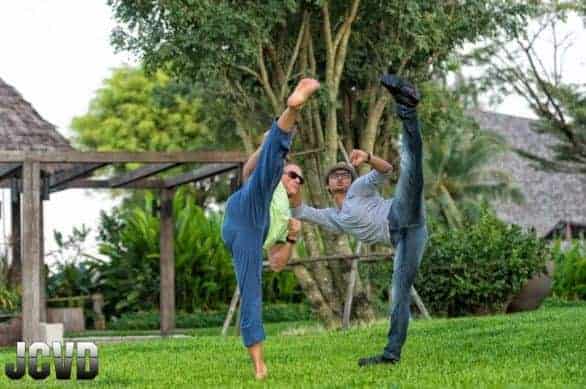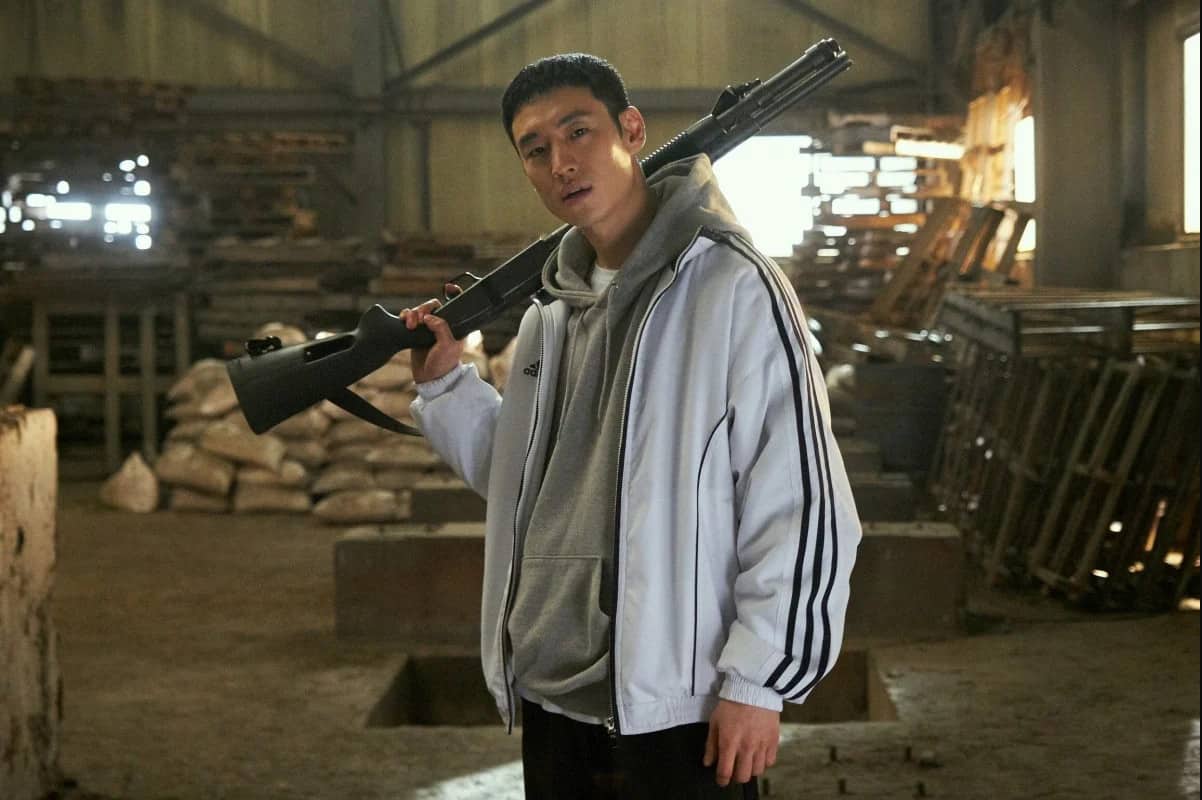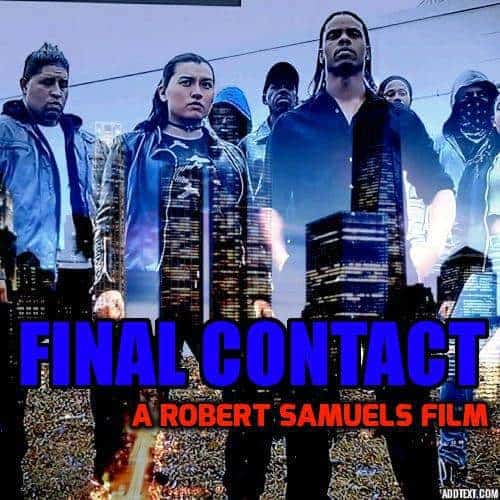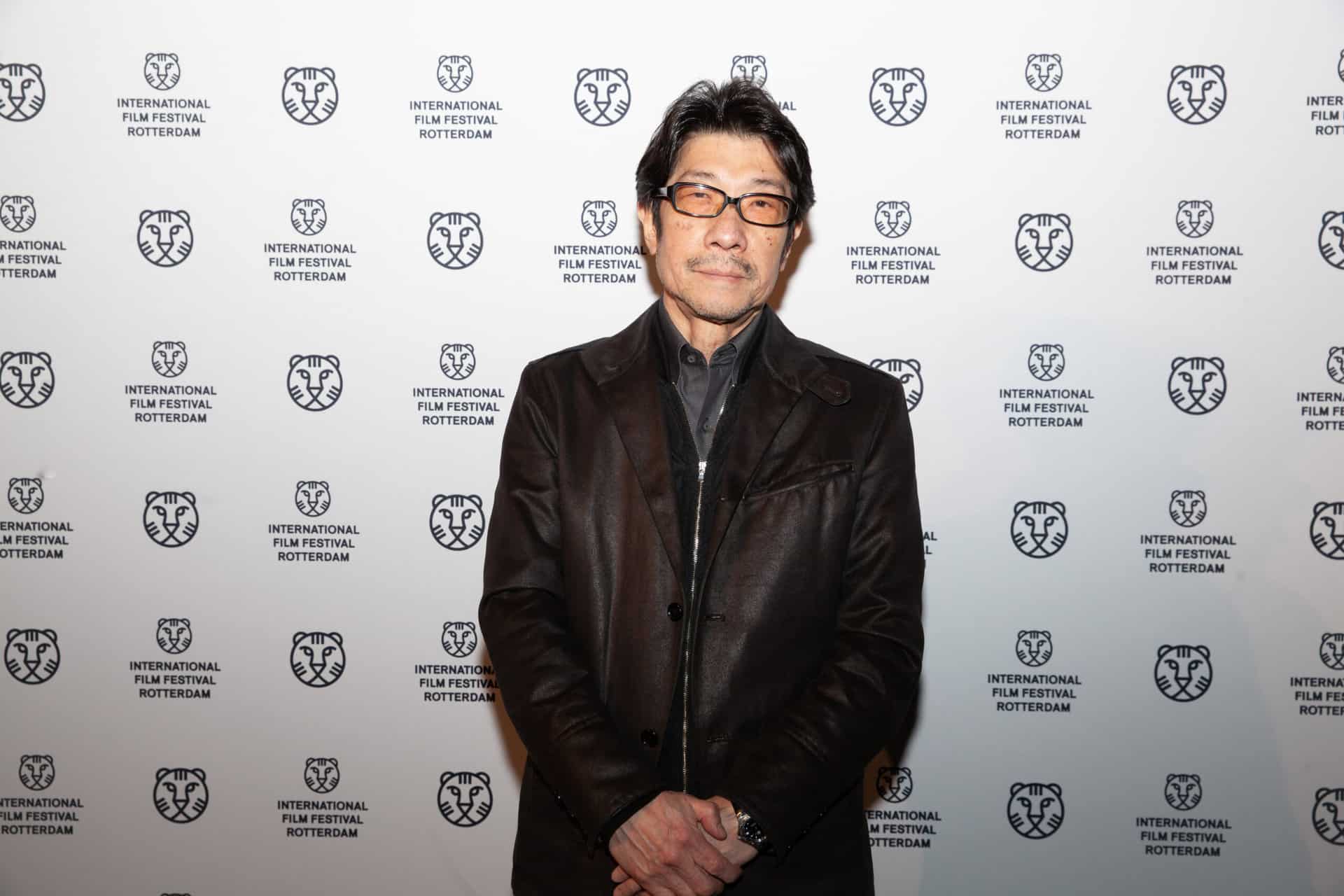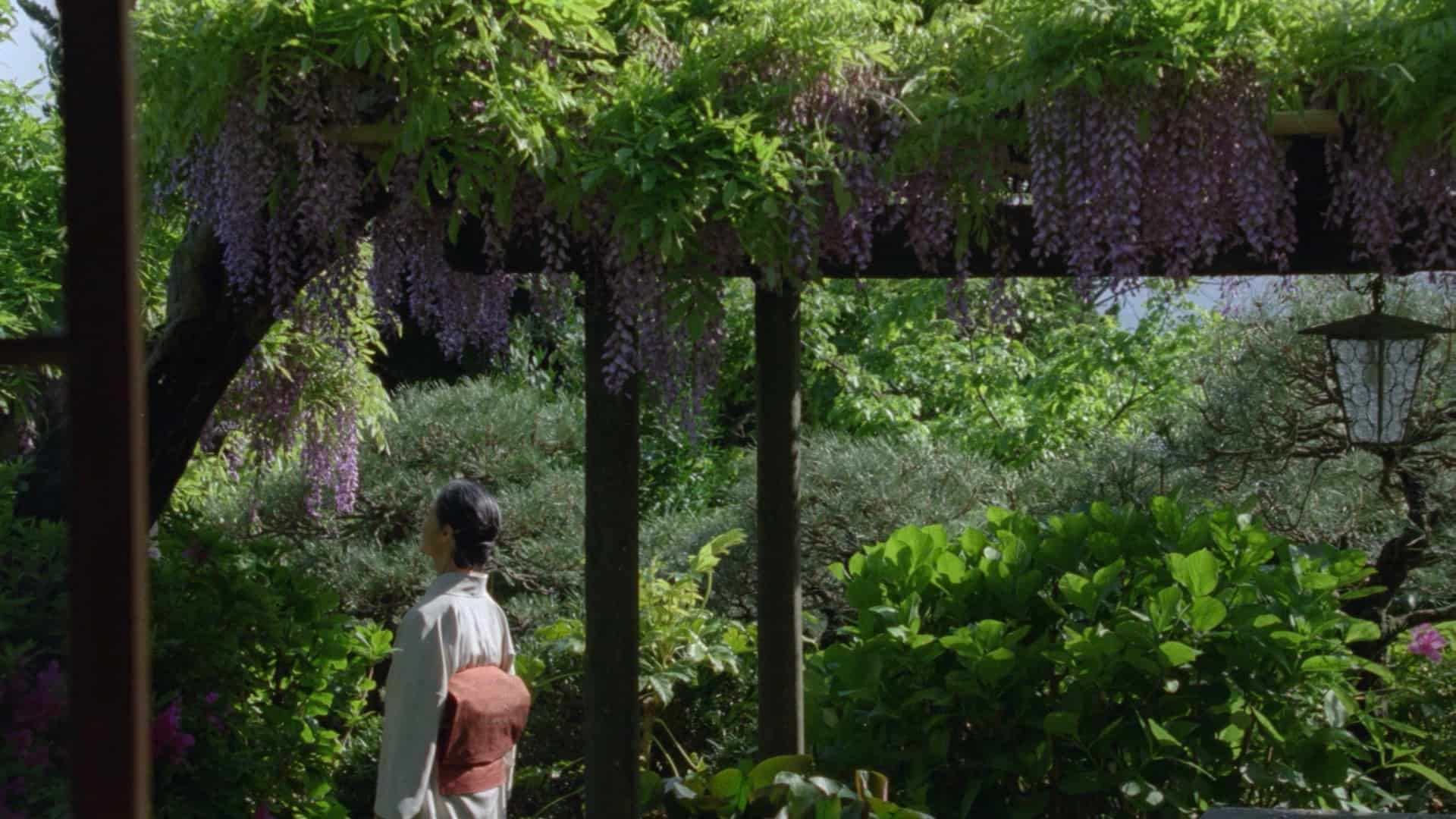After he had attended Tokyo Film School Japanese director Sho Miyake went on to make numerous feature films as well as documentaries. Praised for their portrayal of friendship, youth and coming of age films like “Wild Tour”, “Playback” and “The Cockpit” have received international attention as well as various awards, such as the Nippons Visions Jury Award in 2015 or the “Best New Director Award at the 22nd Japan Film Professional Awards.
We sat down with the director on the occasion of his film “And Your Bird Can Sing”(2018) being screened at Nippon Connection 2019 and talked with him about his film, his inspirations for the project as well as the shooting of “And Your Bird Can Sing”.
“And Your Bird Can Sing” is screening at Nippon Connection

Mr Miyake, as you know the overall topic of this year's Nippon Connection is outlaws and outsiders within the Japanese society. Would you consider yourself an outsider or an outlaw? And how does that term apply to the characters in your film?
Well, I consider myself a very normal person. However, with regards to my work, my biography is kind of unusual since I have not been an assistant director before and haven't worked with a classic film company. I have always worked independently.
With regards to my characters, they are not bad guys or criminals, but they want to live freely, so in that sense you might consider them outlaws.
“Wild Tour” takes places in the south, whereas “And Your Bird Can Sing” is set in the north of Japan. Both deal with the life of young people and life in the village which is kind of monotonous and, well, tedious. How do you make that concept “exciting” for a viewer?
I love Hollywood movies. These kind of movies have a budget of many millions of dollars, or well, yen and they show their viewers something they have not seen before. Now, I do not have that kind of budget, but I would also like to show my viewers something they have not seen before and to have them re-discover interesting things in daily life.

Was there any kind of visual inspiration for the film? Many sequences are strongly reminiscent of works like Shinji Aoyama's “Eureka” or even new films like Ryuichi Hiroki's “It's Boring Here Pick Me Up”. So, how did you work with your cinematographer to capture village life?
Aoyama's “Eureka” is definitely an inspiration for me and a work I like very much. But when work with my cinematographer we usually take long walks through the town or city where we film. We take a look at the light, the atmosphere and even consider the smell of the setting. We really take time to find the right location for our film.
In your opinion, what was more difficult: shooting in the village or shooting in the nightclubs?
Actually, I was quite worried about shooting in the night club. But once we started it all went really well, thanks to the musicians, the people attending and, of course, the actors. So, in the end, none of it was really difficult.
In many reviews it says your camera is like a “fly on the wall”. What do you think of that observation?
Yes, “And Your Bird Can Sing” is the film shot the closest to the actors. I always thought they would become tense when the camera was too close and this time I shot in a way so that I could come that very close to them, but the actors would still be relaxed. So, in that sense, the camera in this film is indeed like a “fly on the wall” not interfering with the actors' work.

Both, “Wild Tour” and “And Your Bird Can Sing”, focus on a group of friends and you manage to create a believable chemistry between them. How do you establish that? Do you rehearse a lot?
First of all, thank you for that very interesting question. Actually, we did not do any rehearsals at all, but the actors were already friends when we met. So, we hung out a lot, talked about the movies and the music we liked. It was a really close friendship.
In the end, with or without the camera, we would be really close with each other and act normally.
“Wild Tour” and especially “And Your Bird Can Sing” portray a kind of transition into an adult, to finally be able to act responsibly. Would you consider your films transitional films or coming-of-age stories?
Yes, they are definitely and I like these kind of films very much. But my work is not just about becoming an adult, it is about change, about constant change in life.

Since you mention the theme of change as the core of your work, this is directly linked to the use of music in your films. Could you describe your approach to the use of music in your films?
First of all, I work with musicians that I respect from the bottom of my heart. I think if I give them that respect and faith they will make music which will fit with my images.
Personally, I like hip hop very much and for this film I worked with a beat maker. We listened to various genres of music and used many samples so even if the movie, at that point was not finished yet, the music would help carry the story of the film further.
At the very beginning you mentioned your unusual biography within the Japanese film industry. Considering this statement, what is your personal view of the Japanese film industry at the moment?
What I find most impressive is that the directors of my generation, people in their 30s and 40s, create films that are not similar to each other. This is quite impressive and interesting to me.
For me the producer I work with is very important. Now there are also young producers around who have been educated not just in Japan, but who have also picked up things from abroad. They don't just have dreams, but they bring concrete ideas and concepts to the table. So, the cooperation with the producer is very important for me.
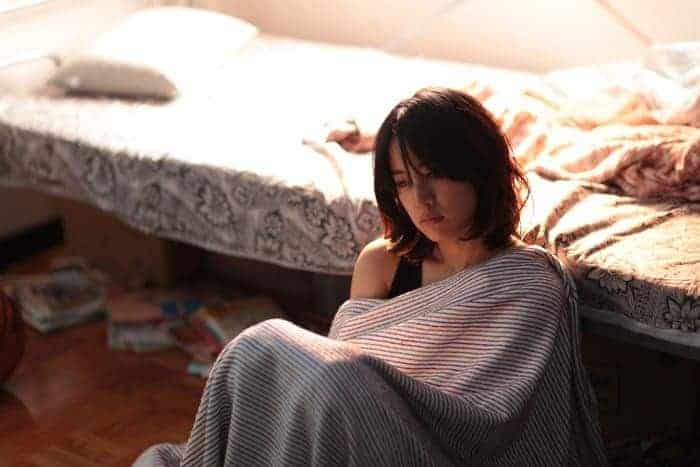
To clarify, I have not worked with any producer of the older generation, so I cannot say whether they are good or bad. I have a feeling from what I have heard they may be a bit conservative and, well, “old-school”, but I cannot go into any further details.
Do you have any projects you are working on that you could tell us something about?
I cannot go into any details here, but I am working on three projects at the moment. All of which are very different to what I have done before. So I am quite busy.


